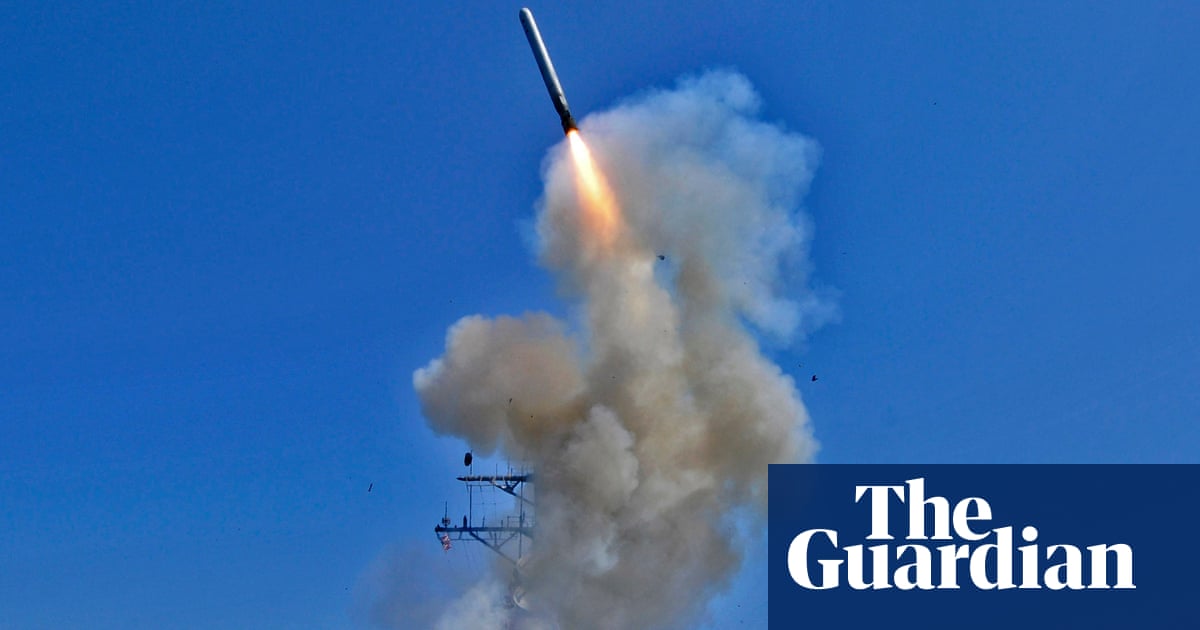- cross-posted to:
- worldnews@lemmit.online
- cross-posted to:
- worldnews@lemmit.online
A US announcement of a plan to station long-range missiles in Germany for the first time since the cold war has set off a diplomatic furore between Washington and Moscow and elicited comparisons to the European missile crises of the 1980s.
Russian and US officials both accused each other of provoking the escalation on Thursday, as arms control experts warned that the deployments of missiles on the European continent, after the collapse of the Intermediate-range Nuclear Forces (INF) treaty, could fuel a new arms race.
The decision to station non-nuclear Tomahawk cruise, SM-6 and hypersonic missiles in Germany from 2026 was welcomed by Germany’s chancellor, Olaf Scholz, who said it “fitted exactly” into his government’s security strategy, even as the move attracted fierce criticism amid fears it would make Germany more vulnerable to attack.
Scholz said the decision had been long in the making and would come as “no surprise” to anyone who was knowledgable about security and peace policies.



Unless whatever hypersonic weapon this is is land-based, we can already park all of them on ships a lot closer to Russia than Germany. Tomahawks and SM-6s can be launched from ships.
It’s more of a political statement, same as the Soviet missiles on Cuba and Pershings in Germany during the Cold war. As such they carry great strategic value.